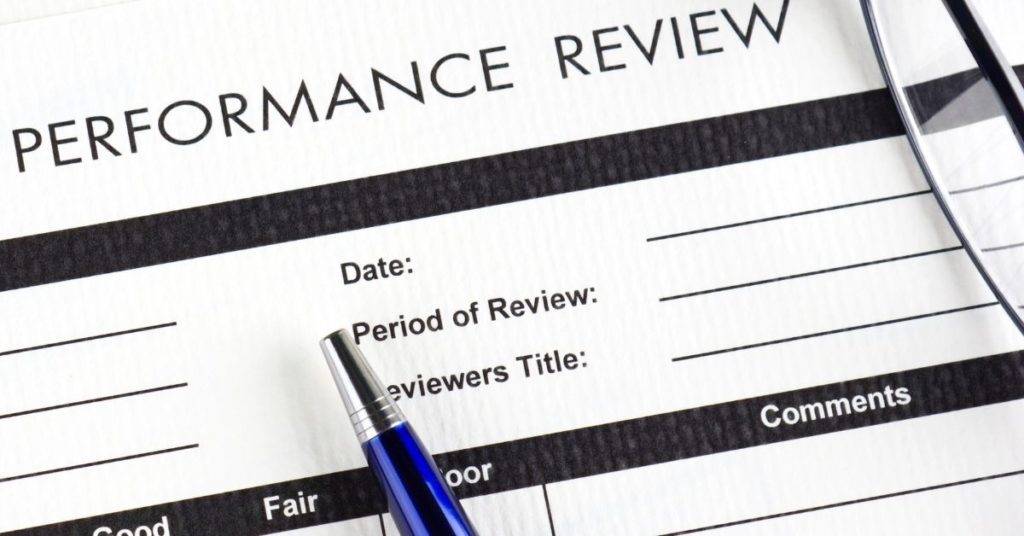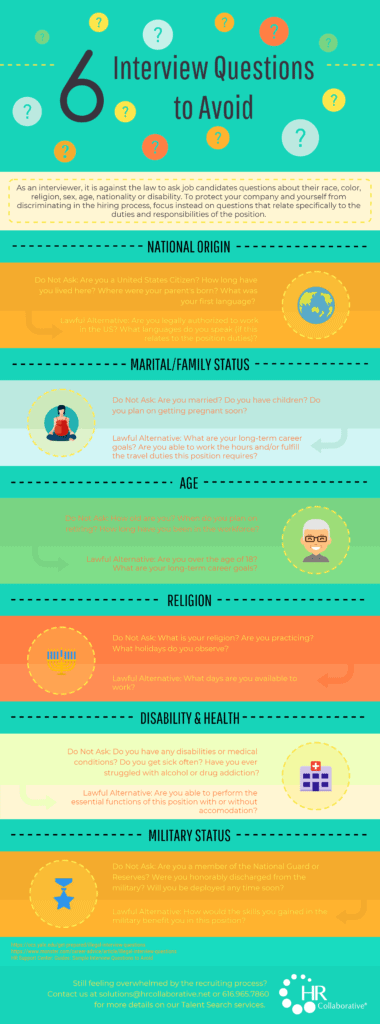3 Ways to Use AI Recruiting Effectively in Mitigating Bias

In recent years, many organizations have seen calls for both increased technology use and more diversity, equity, and inclusion in the workplace. As a result, many of these companies have been turning to Artificial Intelligence (AI) to implement more technology and automate their hiring practices. However, this change has left many recruiters questioning whether this technology helps or hinders the company’s goal of becoming more diverse, equitable, and inclusive. In this article, we will discuss these questions, determine if AI is the right choice for your organization, and how to utilize this technology effectively to mitigate bias.
Understand what biases are and if AI is right for you
Before you invest hundreds or thousands of dollars in an AI system, it is important first to understand what bias is and how it pertains to your recruiting processes. Unconscious or implicit bias is the mental process that causes us to act in ways that reinforce stereotypes; even our conscious mind would deem that behavior as differing from our value system (Carnahan & Moore, 2020). With regards to recruiting, these biases show how recruiters may choose to move forward with candidates due to having shared characteristics, a specific background, or even their physical appearance. Leaving these biases unchecked can lead to unfair hiring practices and a homogenous workforce in your organization. Performing a thorough review of your recruitment strategy and bringing in a variety of individuals from your workplace can help you decide whether AI is a good fit for your organization.
In some cases, using blind resume screenings may be an effective and easy way to eliminate bias and diversify your candidate pool. If you are looking for an extra resource to help source candidates and have the time, money, and energy to invest in a sound AI system, then AI may be the right option. HR Collaborative diversifies sourcing through AI’s ability to post jobs on various diverse job boards, also targeting ones where candidates are most likely to be looking.
Do your research and ask the right questions
When searching for an AI system, it is essential to research and ask plenty of questions. No two AI systems are the same, especially regarding algorithms. Miranda Bogen’s article, “All the Ways Hiring Algorithms Can Introduce Bias,” discusses how both the vendor and the employer are responsible for promoting equity in hiring algorithms. Vendors must pay close attention to their algorithms to ensure their services do indeed create more equitable hiring outcomes.
Additionally, employers need to understand possible biases in their current recruiting practices and determine whether adding AI will help combat these biases or create new ones.
As discussed in the previous point, deep diving into your existing recruiting strategy will help you understand what questions to ask when searching for an AI system. This will also bring to light the company’s needs when it comes to eliminating bias moving forward. So, before you commit to adding an AI system to your recruiting process, make sure you have a firm understanding of how the AI works to screen out candidates, what role you will have in sourcing and screening, and who you can reach out to for support and, of course, how much will it cost. You can ask numerous other questions, but these questions are a great starting point for your research.
Don’t use AI as an end-all-be-all sourcing method
As recruiters, HR Collaborative is always looking for ways to speed up the hiring process and sort through as many candidates as possible. However, the adage “some good things take time” still rings true in recruiting. Using AI technology cannot be the only deciding factor in who is considered for a given position. Other recruiting methods should still be employed to prevent top candidates from slipping through the cracks. Promoting postings across multiple job boards and recruiting through sites like LinkedIn Recruiter or ZoomInfo are still valuable resources in the hiring process.
In addition to these efforts, regular audits of your AI screening can be helpful. Our talent placement team recommends looking through the candidates who have been rejected to understand why they were screened out. You’ll find most of those rejected candidates will not feel qualified for the position, but on rare occasions, one might find a couple of possible reconsiderations. This may seem tedious and counterproductive, but regular audits can help you spot someone who may not meet the system qualifications but exceeds expectations in another area. Audits can also help optimize your AI in screening candidates and improve the algorithm for other recruiters.
Leveraging AI for Your Business
AI can be an excellent tool for recruiters looking for extra support in sourcing candidates, and this technology can even help eliminate bias. When the current recruitment strategy is understood, the right questions are asked, and AI is viewed as a technology to be used in conjunction with other recruitment strategies, AI can effectively work to your advantage. While it may not completely eliminate bias in your recruiting process, AI can undoubtedly aid in the search for your next best hire.
Share This Article
































































































